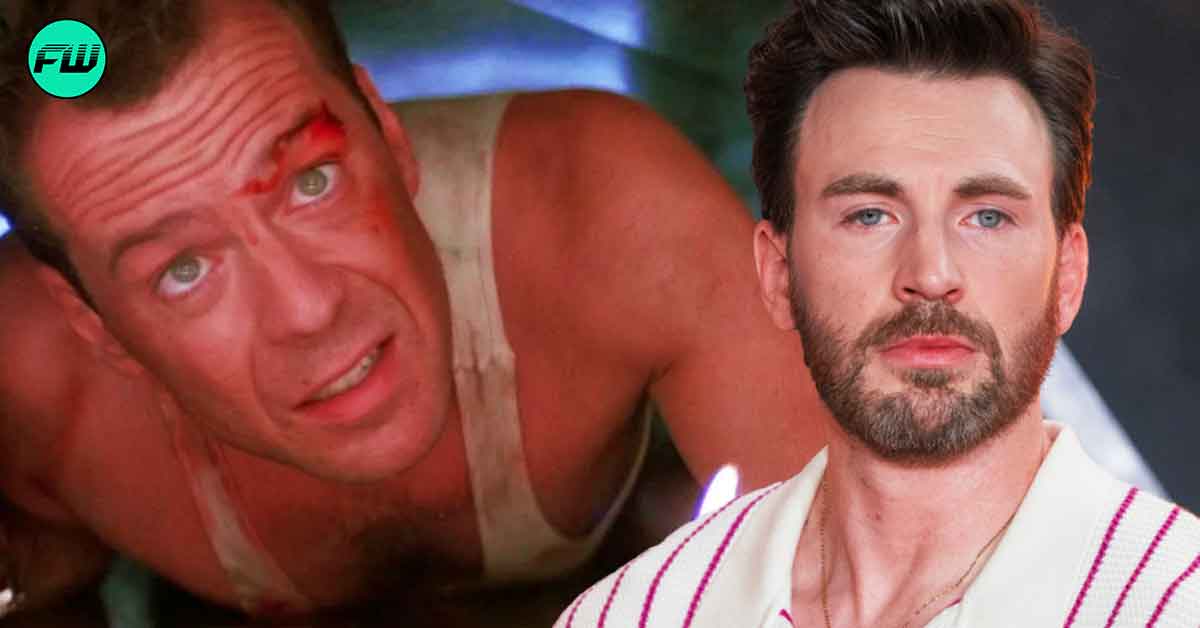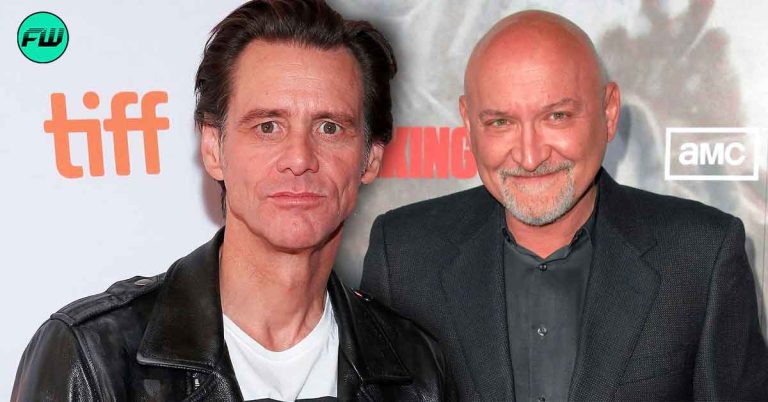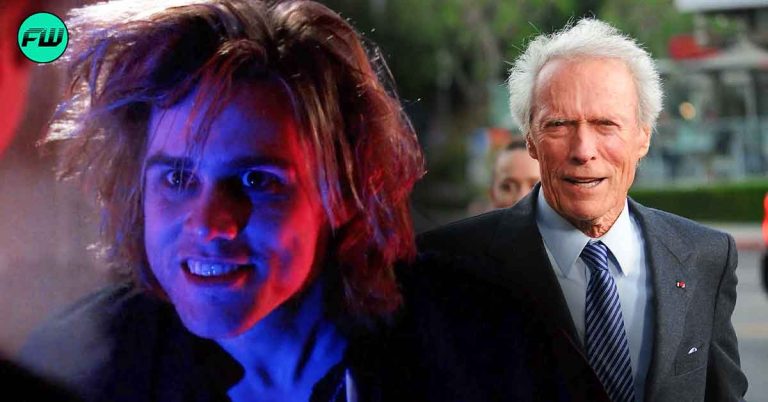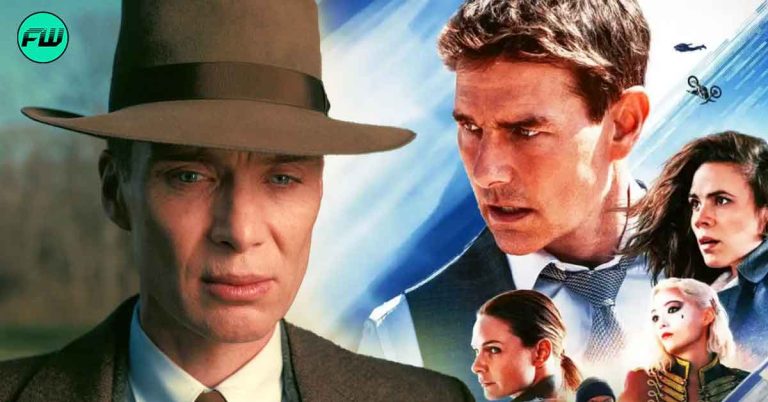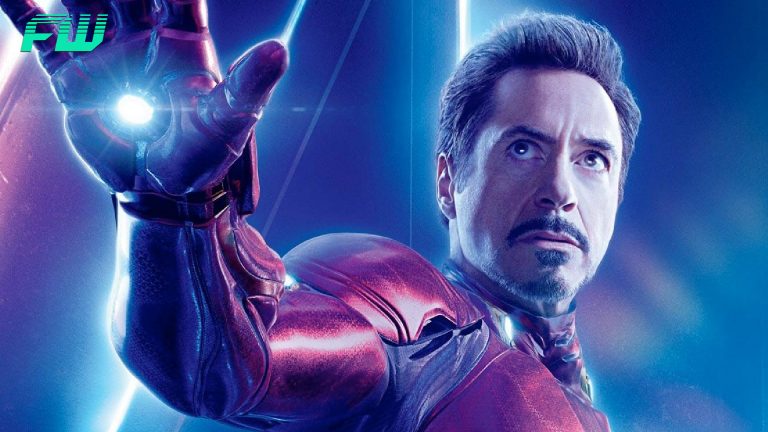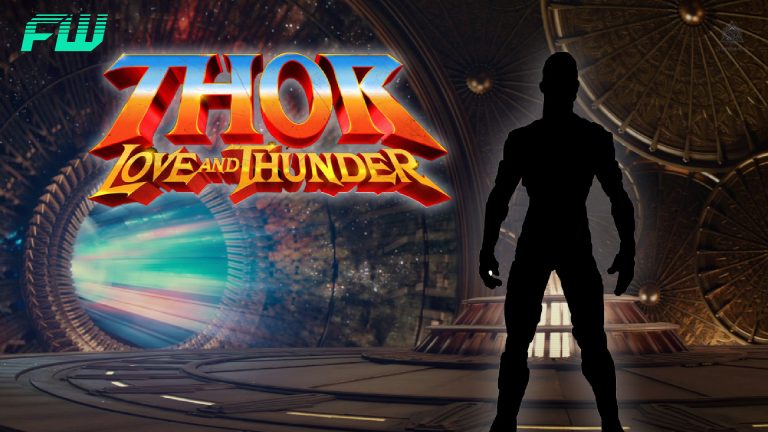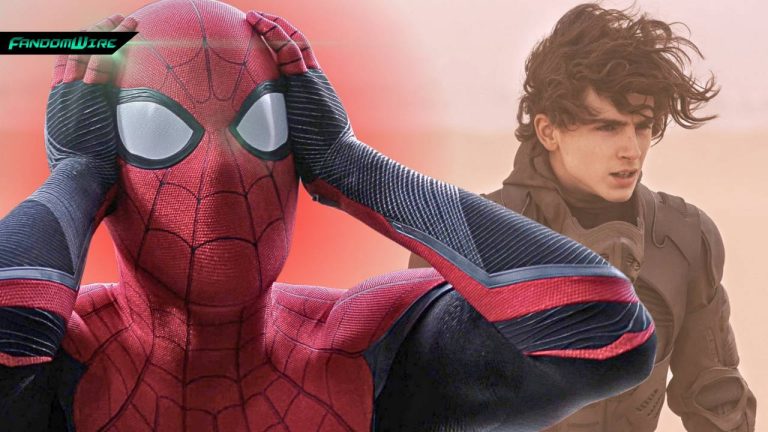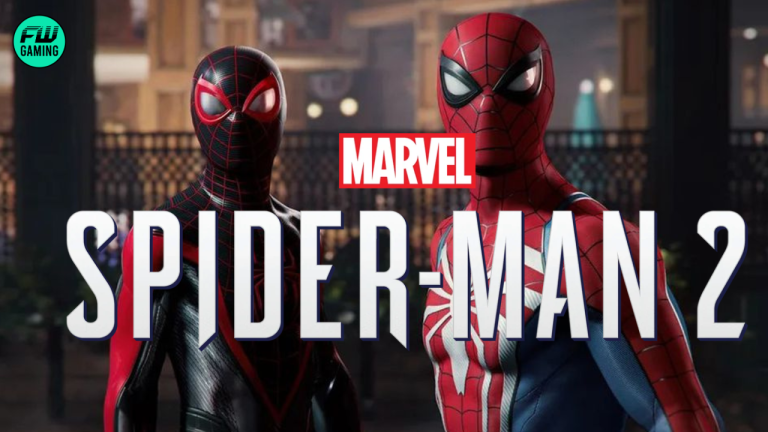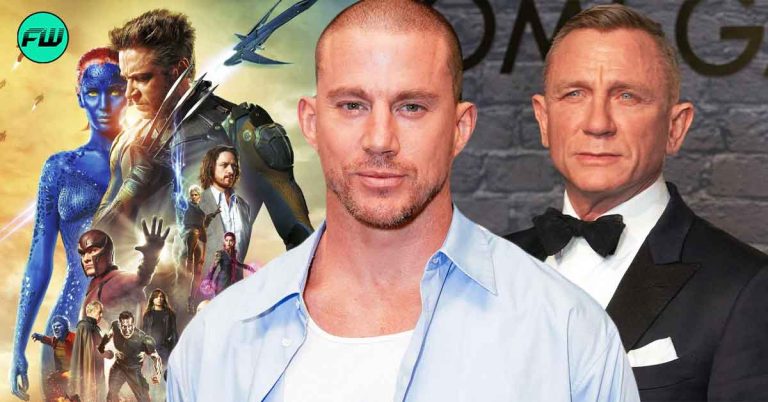For a decade, Marvel’s original roster of Avengers, including Robert Downey Jr., Scarlett Johansson, and Chris Evans, has given their audience the most immersive, expansive, and incredible story about an otherworldly saga of heroes, martyrs, and monsters. And with them gone, an entire fandom has been left defenseless against the barrage of attack and criticism toward its quality and the cynicism toward its authenticity.
Among the numerous namedrop filmmakers who have dissed the CBM industry, the most vocal being Martin Scorsese, another name has joined the ever-growing list. This time, it’s the Die Hard director, John McTiernan.
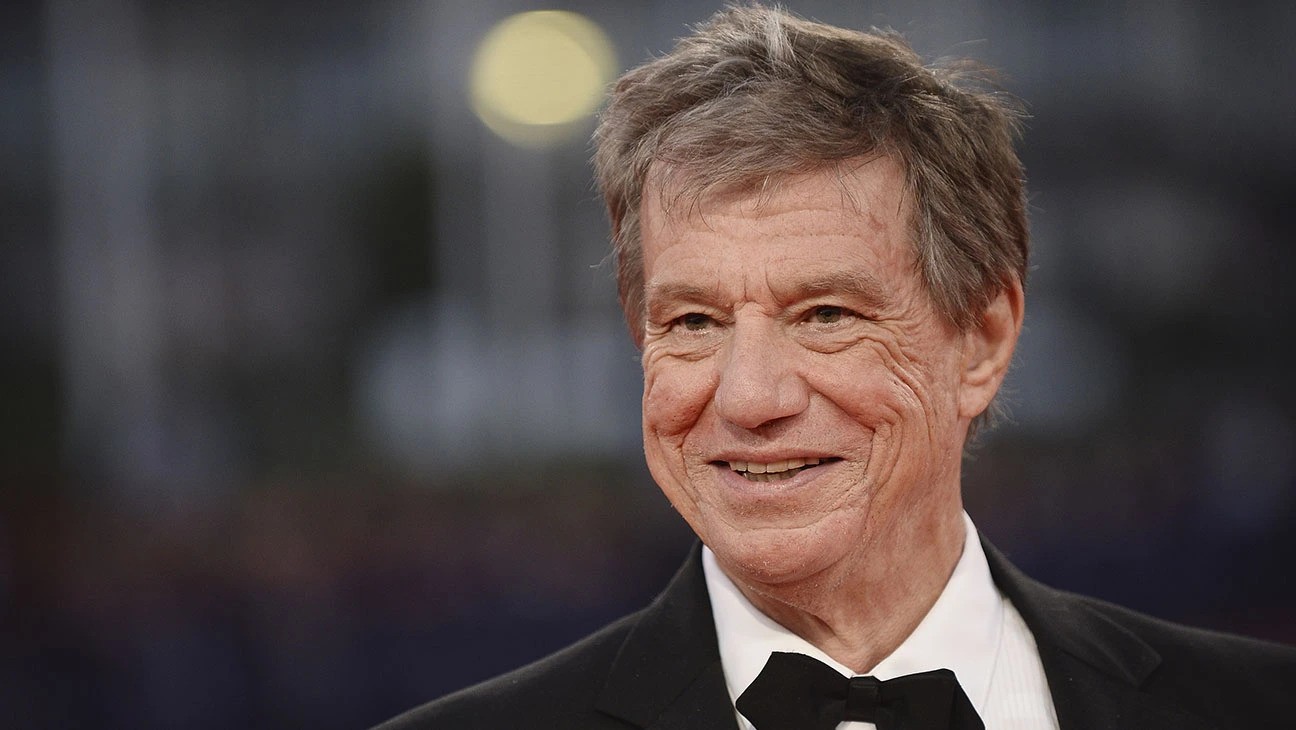
John McTiernan Delivers a Scathing Critique of Marvel
According to the Die Hard director, John McTiernan, Marvel movies are creations of fascist orators and the stories depicted on-screen reflect the similar ideologies of those people. When asked about the ongoing arc of the action movie industry, McTiernan claimed:
“I hate the majority of [major studio] films for political reasons, I can’t really watch them. I’m annoyed the second they start. The cult of American hyper-masculinity is one of the worst things to have happened to the world during the last 50 years. Hundreds of thousands of people have died because of this idiotic delusion. So how is it possible to watch a film called ‘Captain America?!’”
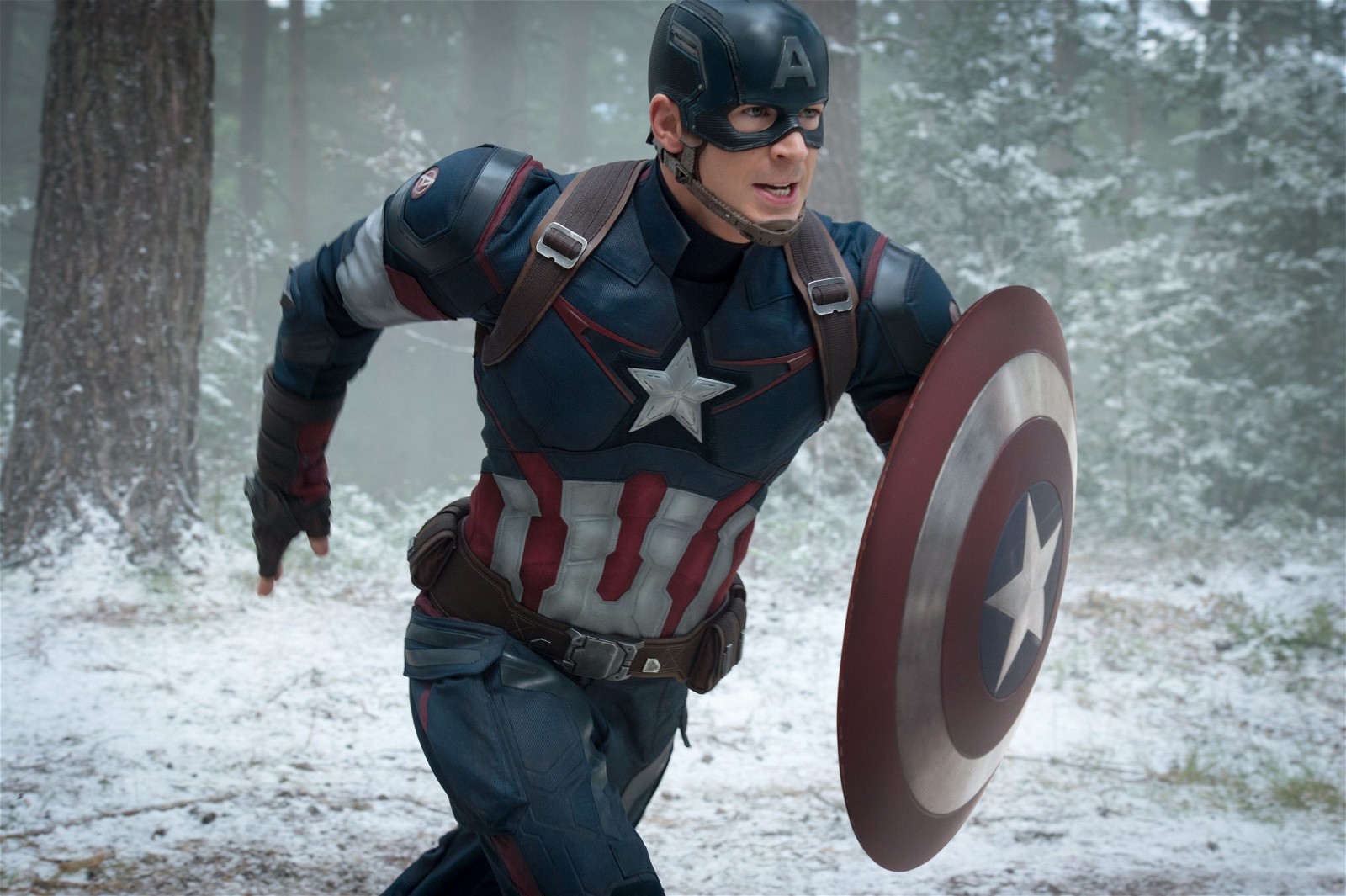
Moreover, stating how exactly movies like the one he mentioned before have been poisoning the massed, he rambled on to hurl some heavy and foreboding thoughts on the condition of the film industry and where he thinks it’s headed:
“All they’re making are comic book adaptations. There’s action but no human beings, they’re films made by fascists. They’re making all the kids in the world think that they’ll never be important enough to have a film made about their life. And it’s a unique moment in the history of cinema, it didn’t use to be like this. A kid used to be able to learn how a man or a woman should act by watching films. Morals. Comics make heroes for businesses.”
A critique that is much more brutal than Martin Scorsese’s “theme park” comparison, John McTiernan simultaneously makes a valid observation and a futile one.
While he is right about the dangerous ideology that is propagated by Chris Evans’ role as Captain America: that war is glorious, making light of the loss of millions of young lives on the battlefield, McTiernan also fails to understand the history behind these comic books that were created in a time when the great wars raged and while all else failed, the stories helped unite a generation that felt hopeless and defeated in the face of a greater evil.
Rationality Behind the Obsession Toward Marvel and DC
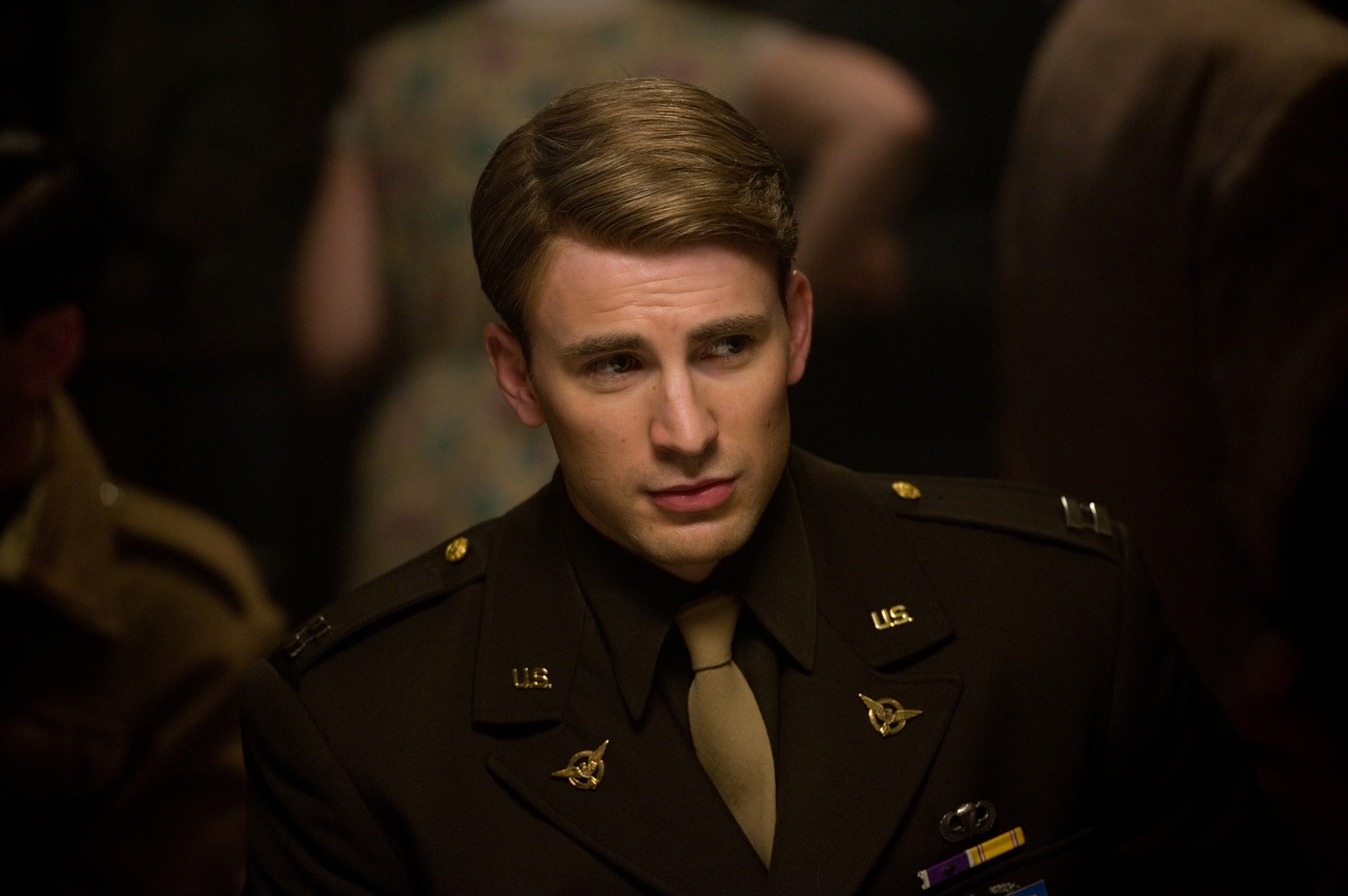
The Marvel audience considers themselves among those who have learned to grow and appreciate the art of visual storytelling. Having experienced shared grief due to the events of Infinity Saga, the people have only come close through watching the stories that reshaped the Avengers despite loss and trauma. This is what most among us aspire to be, even when all the odds may be stacked high against us. It creates a sense of global community and solidarity, knowing that millions have been united in their love for one overarching story.
When Henry Cavill signed up as Superman for Zack Snyder’s CBM universe, the director won a battle that proved to be the first step in a war over the fate and future of DC. The rallying and vehement outcry heard in the aftermath of that universe’s downfall was proof of the love, adoration, and respect held toward the director’s vision.
In a similar tone, Marvel too had the good opportunity to feature an ensemble of perfect castings – ranging from Robert Downey Jr.’s Iron Man to Chris Evans’ Captain America. And a similar earth-shattering, rumbling rally was heard when the fans hugged the edge of their seats throughout the duration of Avengers: Endgame and all of its iconic moments. Yet, for some in the industry, those emotions do not count as valid and the films that evoke those feelings are merely detrimental to the values of society.
Source: Den of Geek

